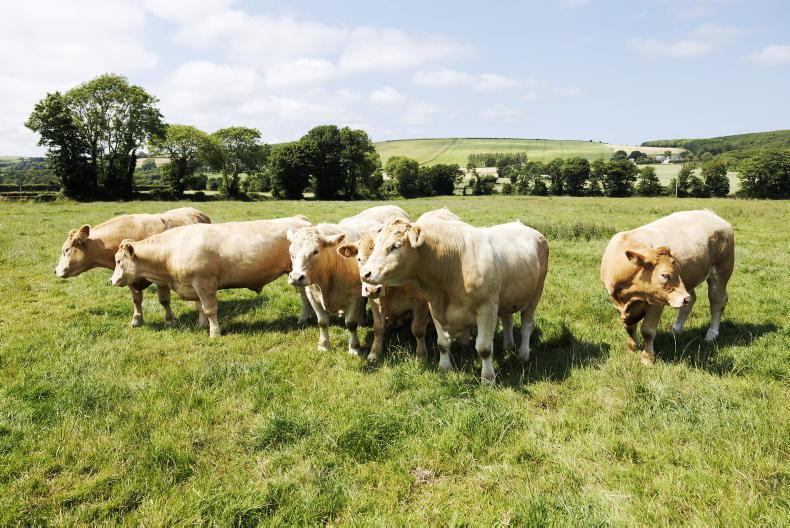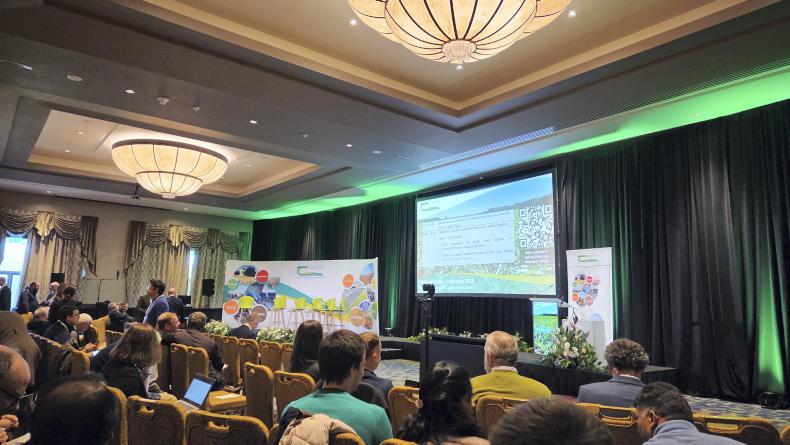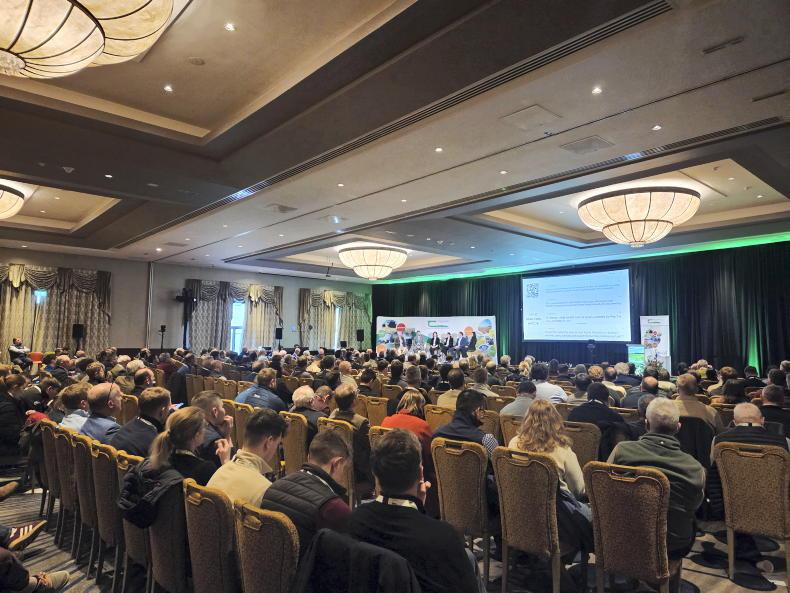Teagasc is to operate a 98ac organic beef demonstration farm at Johnstown Castle, Co Wexford.
The farm in Kildavin will prepare for organic conversion in the summer of 2024, before the first influx of organic weanlings arrive on the farm in autumn.
These weanlings will be carried through to finishing on the farm. Teagasc has said both early and late maturing beef breeds will be included in trials on the farm.
Growth rates
The farm will examine optimising lifetime growth rates to reach target carcase weights or fat scores as early as possible and will aim to produce adequate forage of sufficiently high quality in the absence of inorganic fertilisers.
Teagasc plans to minimise the importation of supplementary concentrate feeds and to maintain the highest levels of animal health and welfare with minimal use of antimicrobials.
Project
One of the key elements of the Department of Agriculture- and Teagasc-funded Gro-FarmS project, which is being undertaken in conjunction with UCD, is to develop clear guidelines for efficient and profitable organic beef finishing systems.
The Gro-FarmS project will also evaluate varying finishing diets and finishing ages on the Teagasc Grange animal and grassland research centre.
The combined research at both the Grange and Kildavin sites will help to develop clear guidelines as to the most efficient organic beef finishing systems to enable organic farmers adopt these practices with confidence, Teagasc added.
Sheep
The Gro-FarmS project also includes sheep system trials to be undertaken at the Teagasc Athenry animal and grassland research and innovation centre and will also include the collection of environmental benchmarking data on organic farms. The project will commence in March 2024 and will run for four years.










SHARING OPTIONS